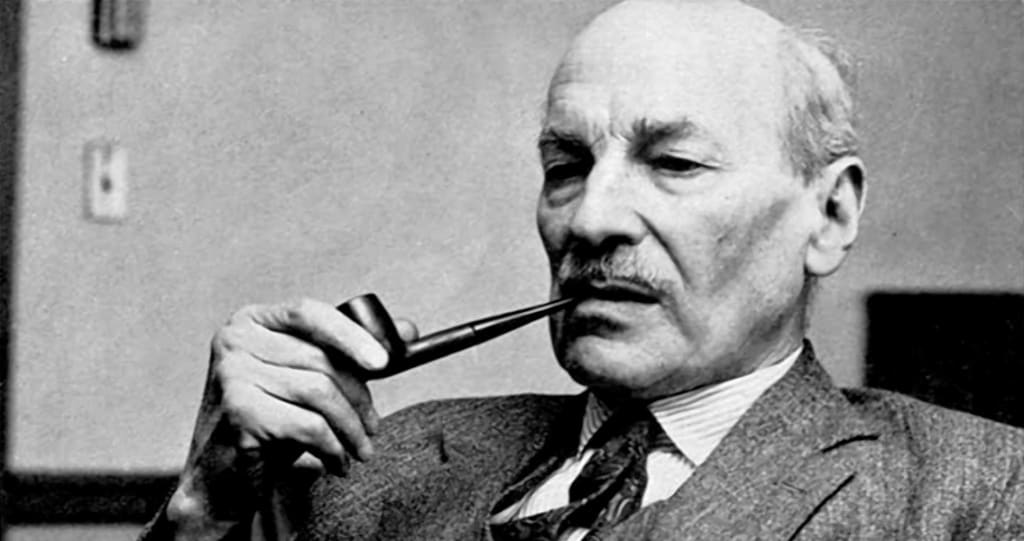Clement Attlee's Brave New World
The Man Who Introduced Social Change to Post War Britain

The end of the Second World War brought about huge social and political change in the United Kingdom. The election of July 1945 was proof that the war-weary country wanted a new leader to take them forward. The second half of the decade was swelled with acts and legislation's which would change the lives of a nation's people forever.
Just weeks after he’d confirmed an end to the Second World War, Winston Churchill called an early election under the pretense that the British people would remain loyal to their war heroes. This was a grave misjudgement from the Conservative leader. The people wanted change, they didn’t want a return to the days of pre-war depression. This brought the Labour Party to power for only the third time since its creation in 1900.
Clement Attlee
Clement Attlee was voted into power with a landslide result of 393 seats to the Conservative’s 210. The public did not trust Churchill to lead the country through the social reforms which had been promised after the war and were desperately needed. They put their faith in Attlee and the Labour Party to take Britain forward.
His political agenda had been constructed in the face of poverty; he experienced it up close in London throughout the early 20th century. Attlee joined the Independent Labour Party in 1908 and he fought in the trenches of the Great War as a captain and then later as a Major. These attributes as a leader followed him throughout his political career.
Britain was close to bankruptcy following the Second World War. Despite this, Attlee picked up the plans from the 1942 Beveridge Report on social reform to create ‘cradle to grave’ care for British citizens. Over the course of his five years as Prime Minister, he created a Britain which the had deserved after the hardships of the 20th century up until 1945.
Healthcare
Arguably the most significant act of Attlee’s government was the introduction of a free national health service. He believed that healthcare should be available to anyone of any social class free of charge should it be needed. No longer would people have to worry about being too poor for medical care. The people of Britain were deserving of a government which aimed to help everyone if in need; many had answered Churchills call to stop the spread of fascism and most had lost a family member in the fight against it.
The Healthcare Act was the first of several life-changing acts brought into existence by Attlee. The National Insurance Act of 1946 made it so everyone of working age was able to pay into social security and were given rewards when they were no longer able to work. This enabled Britons to build for their future in a way most would never have been able to before.
Attlee was and still is greatly admired by Coal, Electric and Railway employees. Through 1947 he re-nationalised all these industries and put them back into public ownership to be run through democratic committees. It gave back these industries to the people who made them; the working class. In fact, the evidence of what he meant to members of the coal industry is still plain to see. In the National Union of Mineworkers (NUM) Archive in Barnsley, South Yorkshire, there is a colliery banner with a portrait of Attlee on one side. a man of the working masses, if ever there was one.
Clement Attlee fronted arguably the most successful Labour government ever, putting an end to pre-war austerity and taking Britain into a brave new world. It is no wonder he is often mentioned as one of the greatest Prime Ministers in UK history. What he did in the late 1940s helped to secure essential rights for millions of working-class people, he shaped the modern world as Britons know it.






Comments
There are no comments for this story
Be the first to respond and start the conversation.